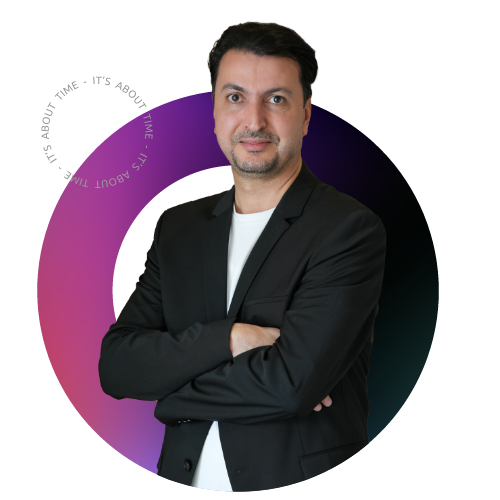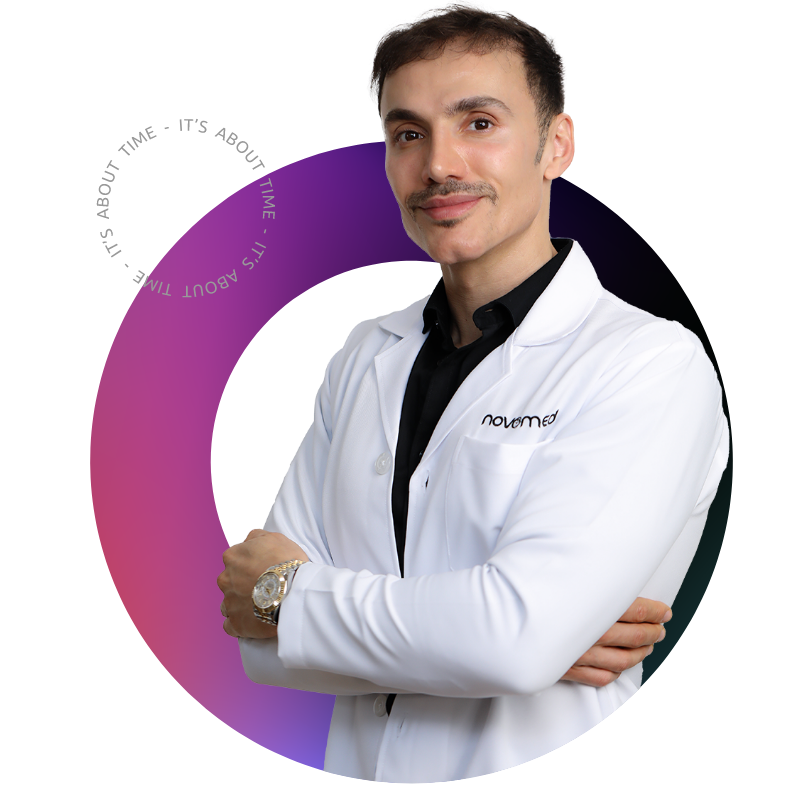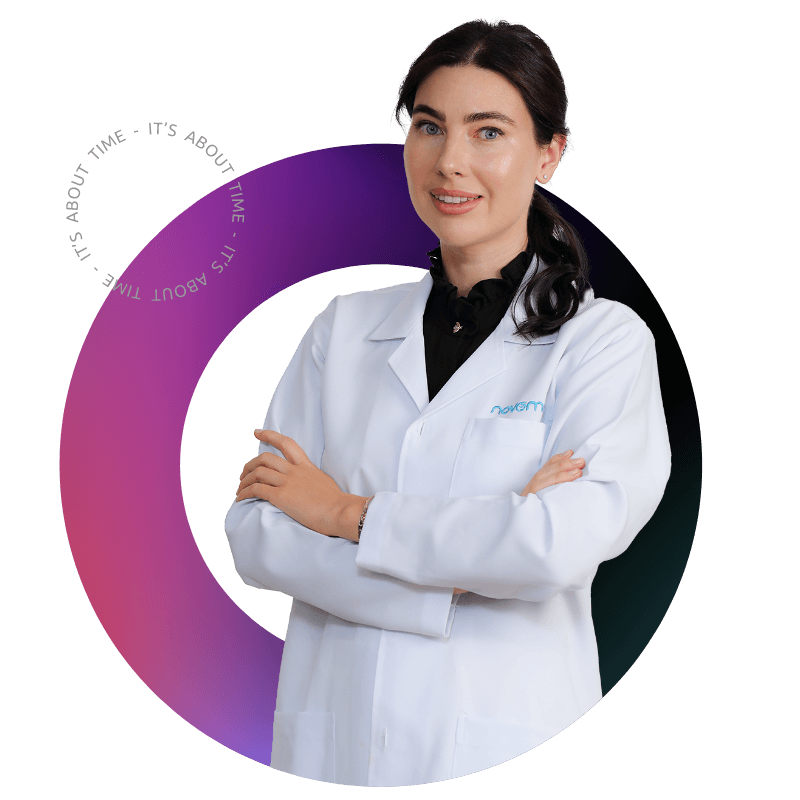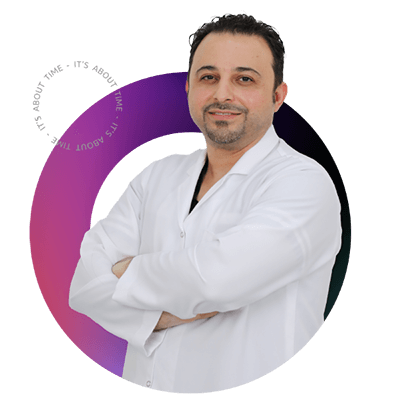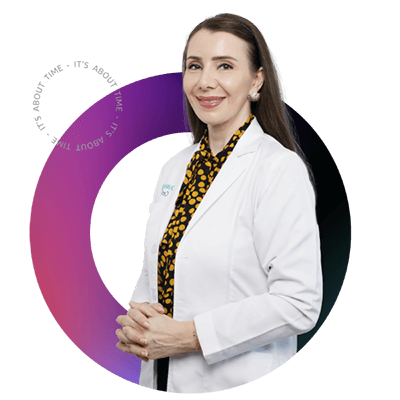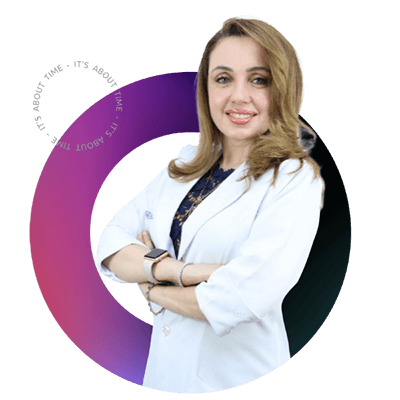Any skin area that differs in appearance, texture, or color from the surrounding skin is referred to as a skin lesion. There are two types of skin lesions: primary and secondary. Primary skin lesions might develop over a person’s lifetime or be present from birth. Secondary skin lesions usually develop as a result of inflamed primary skin lesions. They happen, for instance, if someone scratches a mole until it bleeds.
Skin lesions can have various reasons, and they are not always alarming. Most skin lesions are benign and pose no threat while some are cancerous or malignant. The underlying cause of skin lesions determines how to treat them. Benign skin lesions can frequently be treated with over-the-counter medications or lotions or will eventually go away on their own.
What are the types of skin lesions?
There are two main types of skin lesions:
- Primary skin lesions. They develop on their own and include, for example, rashes, acne, pustules (small lesions containing pus), and nodules.
- Secondary lesions. They usually develop spontaneously or as a result of picking or scratching primary lesions. Examples of secondary skin lesions include a crust (a collection of skin, pus, and tissue), ulcers, scales (dry flakes of skin), and scars.
What causes skin lesions?
An infection on or in the skin, such as a wart or the herpes simplex virus that causes cold sores and genital herpes, is the most frequent cause of skin lesions. Skin lesions can appear anywhere on your body as a result of a systemic infection, which is an infection that affects your entire body. Shingles and chicken pox are two examples.
Moles and freckles are two examples of skin conditions that are inherited. Others, like allergic eczema and contact dermatitis, can be the result of an allergic reaction. Skin sensitivity brought on by several disorders, such as diabetes or poor circulation, can result in lesions.
How are skin lesions diagnosed?
During your consultation, our dermatologist will review your medical history, examine the skin lesion, and ask about any further symptoms. They might perform a biopsy, obtain skin samples, or take a swab of the lesion for laboratory testing if they are unsure about the diagnosis or need to confirm it.
How are skin lesions treated?
The underlying cause of skin lesions will determine how they are treated. A benign mole, for instance, does not require treatment.
Topical medications can reduce inflammation and relieve burning and itching. Some skin lesions, which may become infectious, can be drained for relief. Oral medicines are necessary for some lesions. If you have a more serious skin infection, your doctor might advise oral antibiotics. Home remedies are also advised, such as the use of lotions for itching alleviation and absorbent powders if the skin lesions rub against clothing.
Surgical removal is necessary for suspicious moles or lesions that may be precancerous. Using heat, laser, or light therapy, lesions can be surgically removed from the skin, frozen off, or heated up. The healing process for a surgical wound in a patient might take up to three weeks. After the procedure, a lesion takes a few weeks to scab over and come off.
Book your appointment at Novomed today!
To book a consultation with one of our expert dermatologists in Dubai, call us at 8006686, fill out the booking form or click the live chat icon at the bottom of the screen.
